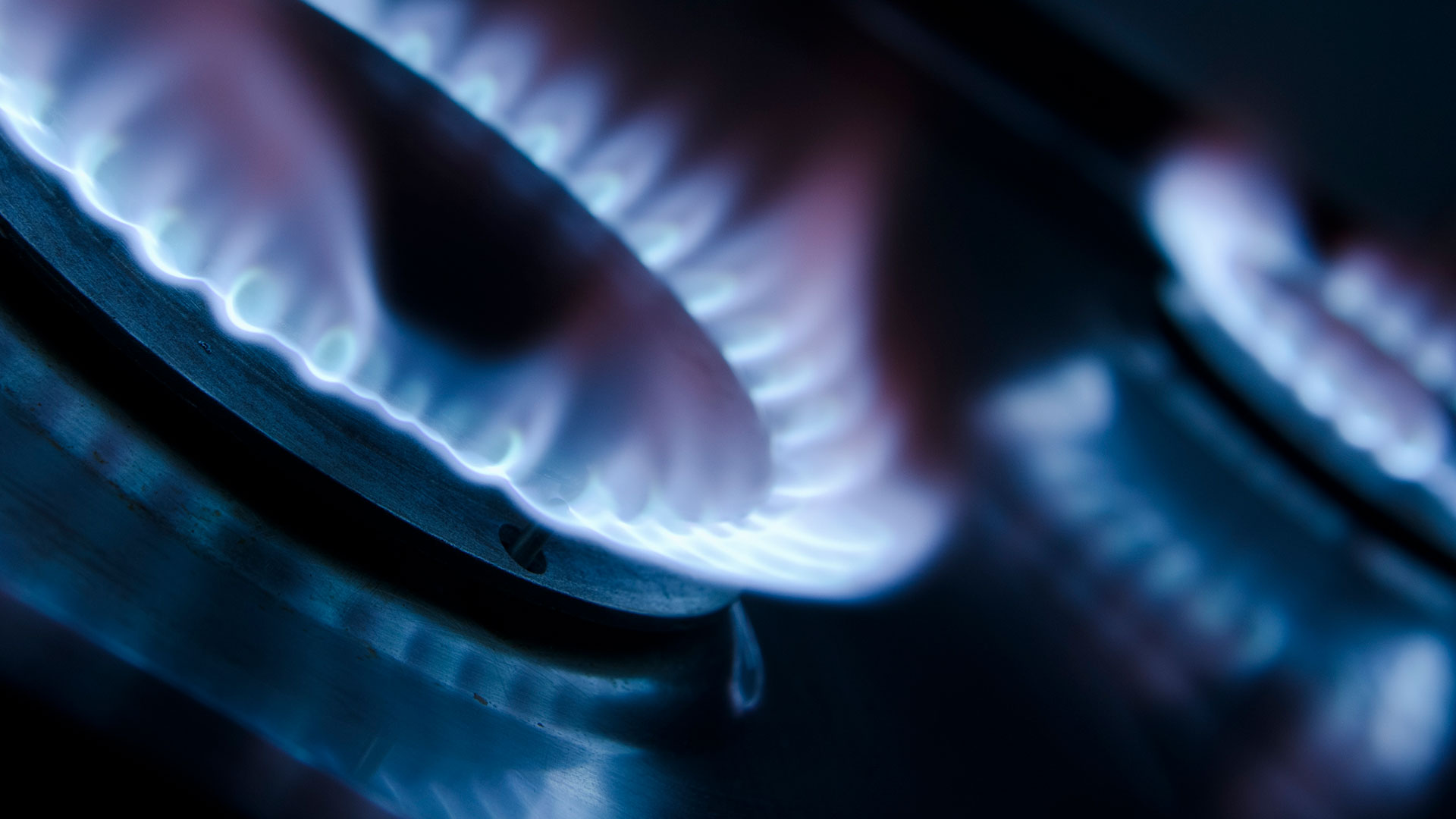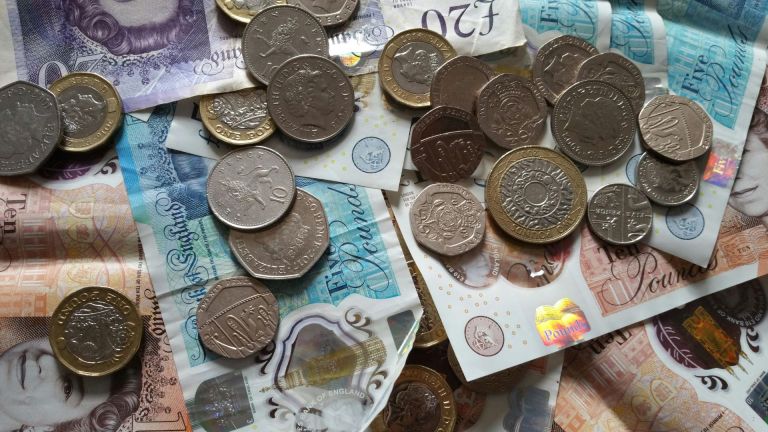The good news is that you could claim tax relief to cover some of these costs if your employer asked you to work from home.
That could include higher costs for electricity and gas incurred while your home functions as a work area plus extra call expenses. But you can only claim for things used solely for work. That means you can’t claim for broadband, as it’s used for both private and business purposes.
Support The Big Issue and our vendors by signing up for a subscription
If you are an employee, you can claim tax relief through PAYE for the rebate to be paid over the next tax year. You can calculate the exact amount you are paying over what you normally would and claim that, as long as you can provide evidence, or opt for a £6 flat rate.
You will also get tax relief based on the rate at which you pay tax. For example, if you pay the 20 per cent basic rate of tax and claim tax relief on £6 a week you would get £1.20 per week in tax relief.
If you are self-employed, you can claim for more costs like insurance, council tax, water and lighting, but will need to calculate the amount of time and amount of space in your home being used for work and claim via your self-assessment tax return.
Advertising helps fund Big Issue’s mission to end poverty
I’m not currently working. Can I get help to save money on energy bills?
You could qualify for a warm home discount which takes £140 off energy bills for the year for people who need support paying.
If your energy supplier is part of the scheme (note that not all are), it covers pensioners and people on low incomes or people on means-tested benefits.
It’s up to a supplier who gets the discount, and the number of discounts that can be given is limited, so check with your company as soon as possible. The discount will be applied to your bill by the end of March next year.
Remember that you have to re-apply each year even if you’ve received the discount before.
As of last year, all companies supplying over 200,000 people are required to offer the warm home discount.
Advertising helps fund Big Issue’s mission to end poverty
Am I eligible for a heating grant during Covid-19?
You could be eligible for a cold weather payment, a one-off subsidy made available if the temperature becomes very low for some time.
The cold weather payment can be paid to people who already receive:
- Universal Credit
- Income-based Jobseeker’s Allowance
- Employment and Support Allowance
- Pension Credit
- Income support
The cold weather payment is applied if the average temperature is 0°C or below for seven days in a row between November 1 and March 31 (or is forecast to be). You get £25 for each seven-day period.
What other fuel discounts are available for older people?
If you are of pension age, you could be eligible for the one-off winter fuel payment designed to help cover heating costs in the colder months. If you’re over 80 it could pay up to £300 towards your winter heating bill.
This is available to you if you were born on or before October 5 1954, and lived in the UK for at least a day during the week of September 21-27 2020.
If you weren’t living here at that time, you could still qualify if you live in Switzerland or a European Economic Area (EEA) country or have sufficient link to the UK, which could mean having worked here or having family here.
Advertising helps fund Big Issue’s mission to end poverty
What other support is available to save money on energy bills?
Some supplies offer grants to install new boilers or insulation and make your home more energy-efficient. This is mainly open to people on benefits like Universal Credit or pension credit — contact your supplier for more information.
Plus: From December, suppliers will be required to offer support to customers struggling to pay their bills after Ofgem ruled that the once-voluntary scheme will now be mandatory for companies.
To prevent households being left without electricity or heating in the cold winter months, companies should offer realistic repayment plans for any arrears accrued or emergency credit if they are on meters.
It’s a step in the right direction but leaves more work to be done, according to the experts. Simon Francis, co-ordinator of the End Fuel Poverty Coalition, told The Big Issue:
“Pushing debt down the road is not the same as providing immediate relief to those facing problems paying their bills. However, while the announcement today from Ofgem is not the fuel poverty debt relief that we have called for, any steps to help homes pay their bills more easily will undoubtedly help. It will be vital to understand how the ‘realistic and sustainable’ repayment plans will be calculated, introduced and policed.
Advertising helps fund Big Issue’s mission to end poverty
“One in three British households are already concerned about the health impacts of living in a cold home this winter. And a wave of Covid-19 during cold weather could be catastrophic for individuals and our health services.”
The Big Issue is fighting the unemployment crisis through the Ride Out Recession Alliance, bringing together the most innovative ideas and experts to help keep people in work and in safe homes during the recession. Get in touch with what you think can be done to support those in need by emailing rora@bigissue.com.










